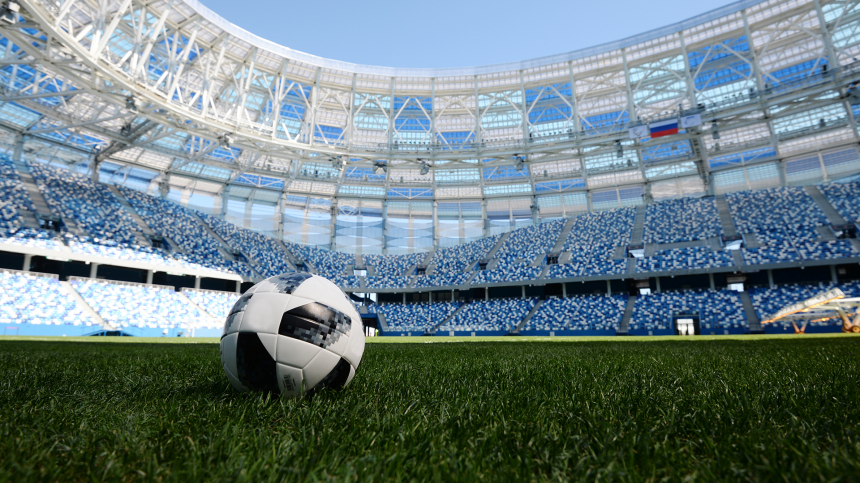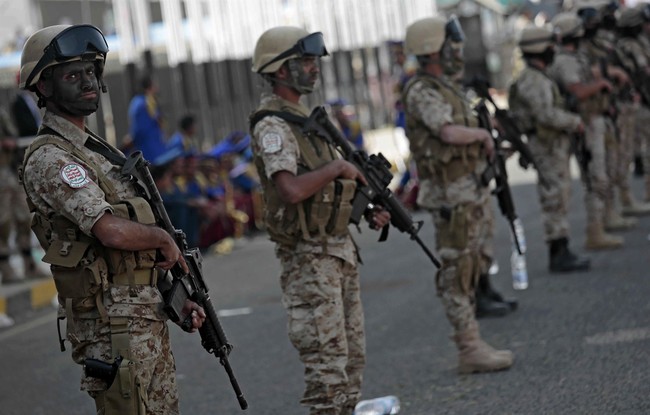Recent Clashes: Israel vs Hezbollah Tensions Rise
Tensions between Israel and Hezbollah are escalating, reflecting deeper regional conflicts. Analyzing recent rocket exchanges and their potential consequences.
Published August 29, 2024 - 00:08am

Image recovered from washingtonexaminer.com
In recent months, tensions in the Middle East have intensified, highlighted by a recent exchange of rocket fire between Israel and the Hezbollah militant group based in Lebanon. Both parties have engaged in a series of aggressive actions that underline the volatility of the region.
On Sunday, Israel's Defence Force (IDF) launched a pre-emptive strike against Hezbollah military targets. According to Israeli Prime Minister Benjamin Netanyahu, the action was in response to perceived threats from Hezbollah. Netanyahu emphasized that Israel aimed to neutralize imminent dangers, declaring that the IDF has been actively involved in thwarting threats by both offensive and defensive measures.
The IDF stated that approximately 100 of its fighter jets had targeted and destroyed thousands of Hezbollah rocket launchers directed at northern and central Israel. The Israeli military reported striking over 40 launch areas, reflecting the intensity and scale of the attacks. Meanwhile, the Hezbollah retaliated by firing rockets at what it described as a 'qualitative Israeli military target,' but later noted that it had ceased its military operations for the day. Three Hezbollah fighters were reportedly killed during the exchange.
This latest confrontation comes amid an ongoing conflict between Israel and Hamas terrorists in Gaza. Talks for a ceasefire and exchange of hostages have so far not yielded lasting outcomes. This broader context of sustained hostilities highlights the persistent risks of the region's geopolitical landscape.
The Lebanese-based television network Al-Manar, controlled by Hezbollah, presented its narrative by stating that their response in the rocket exchange 'turns a page in the conflict' between Hezbollah and Israel. The station emphasized a wish to avoid further escalation into a broader war. This sentiment reflects similar views from various observers and political analysts who argue that neither side desires a full-scale war due to current strategic and internal constraints. Indeed, the Israeli strikes focused on military targets rather than civilian infrastructure to prevent further escalation.
Several analysts suggest that the reciprocal attacks are part of a pattern where both Israel and Hezbollah react to maintain their strategic deterrence capabilities. Joseph Bahout from the American University of Beirut suggested that the importance lies in the perceived truth by each side, rather than the factual outcomes. This perpetuates the ongoing narratives where each faction claims successful retaliation to maintain public and political support.
The continued conflict has also drawn attention from international actors such as the United States. White House spokesperson John Kirby reaffirmed America's commitment to defending Israel in any potential Iranian attacks. This stance was illustrated by the deployment of two US aircraft carrier strike groups to the region, a move intended to provide a deterrent effect and support to Israeli defense measures.
In addition to the geopolitical ramifications, there are significant human costs. Over 400 Hezbollah members have reportedly been killed since October 2023, along with at least 26 Israeli civilians and 23 Israeli soldiers. The United Nations has noted that more than 160,000 people have been displaced from their homes due to the conflict.
Given the complexity of the situation, various countries, including the US and other western nations, consider Hezbollah as a terrorist organization. In contrast, successive Lebanese governments recognize Hezbollah as a legitimate resistance force against Israeli occupation. This dichotomy complicates international diplomatic efforts and affects the regional balance of power.
The long-term stability of the region remains uncertain. The focus has now shifted towards securing a ceasefire in Gaza, which might prevent further escalation. However, the potential for future conflicts persists, particularly if new provocations arise.
The implications of these recent events stress the importance of strategic stability and the myriad challenges that come with maintaining it in such a volatile environment. The global community continues to watch closely, hoping for a resolution that could break the cycle of retaliation and bring lasting peace to the region.







